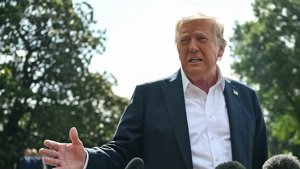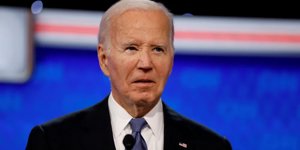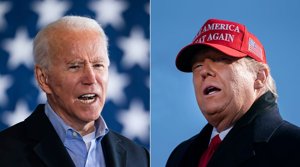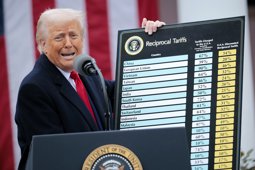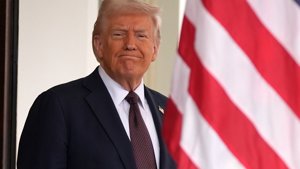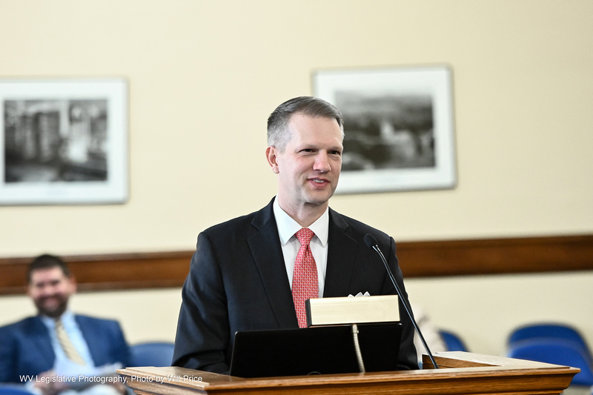
GOP Task Force Targets Federal Waste
GOP forms new task force to promote rescissions and cut billions in wasteful federal spending under Trump’s plan.
Republican Leaders Push Rescission Strategy
Congressional Republicans have launched a new task force focused on promoting rescissions — a mechanism that allows the president to request the cancellation of already-approved federal spending. The initiative is part of President Donald Trump’s broader plan to curb wasteful expenditures uncovered through the Department of Government Efficiency (DOGE), a legacy effort previously led by Elon Musk.
Representative Riley Moore of West Virginia is spearheading the task force under the Republican Study Committee (RSC). The goal, Moore explained, is to inform both lawmakers and the public about rescissions, a term many Americans may not recognize, despite being familiar with the impacts of government waste and fraud. "This is why this process needs to be not only explained to our own members, but also to the population out here that might not know what the heck a rescission is, but know that they want the wasteful spending to end," Moore said.
The timing of the initiative aligns with President Trump’s recent proposal to rescind $9.4 billion in federal funds, targeting agencies such as PBS, NPR, and the U.S. Agency for International Development (USAID). This proposed cut is part of a larger $180 billion in wasteful spending identified by the DOGE initiative. Once a rescission request is submitted, Congress has 45 days to approve it before it is automatically dismissed.
GOP Messaging and Internal Strategy
RSC Chair August Pfluger of Texas emphasized the importance of educating moderate Republicans and maintaining party unity to pass the proposed cuts. With only a narrow majority in the House, GOP leaders can afford no more than three defections on party-line votes. Pfluger said Moore would help "dispel myth and speak truth" to members who may be hesitant.
“If members do have problems, the conservative conscience of our conference, RSC, can help them understand why it's important to vote on it. And that's what Riley is going to do,” Pfluger added. The RSC, composed of 189 members, operates as a conservative policy engine for the House GOP, shaping legislative messaging and strategy.
Although Pfluger and Moore did not reveal specific targets for future rescission packages, they indicated ongoing conversations with the White House and the House Appropriations Committee. Moore, a member of the appropriations panel, confirmed that additional cuts are under discussion.
The GOP leaders also pushed back against media focus on Elon Musk’s exit from his federal advisory role. Pfluger noted that Trump continues to support the principles behind DOGE, stating that public interest remains strong. “I don't think the mainstream media is covering that aspect of it,” Pfluger said. “But the president said as recently as today that he still believes in what he did.”
Moore echoed that sentiment, citing regular feedback from his West Virginia constituents who remain focused on fiscal accountability. “I hear from folks all the time… it is very much the average American still wants to see this happen,” Moore said. “I think they're just waiting for us to do the right thing.”
As the House prepares to vote on Trump’s $9.4 billion rescission proposal, GOP leaders are aiming to build momentum for broader efforts to rein in federal spending. Whether future packages gain traction will depend on Republican unity and public support in the weeks ahead.

